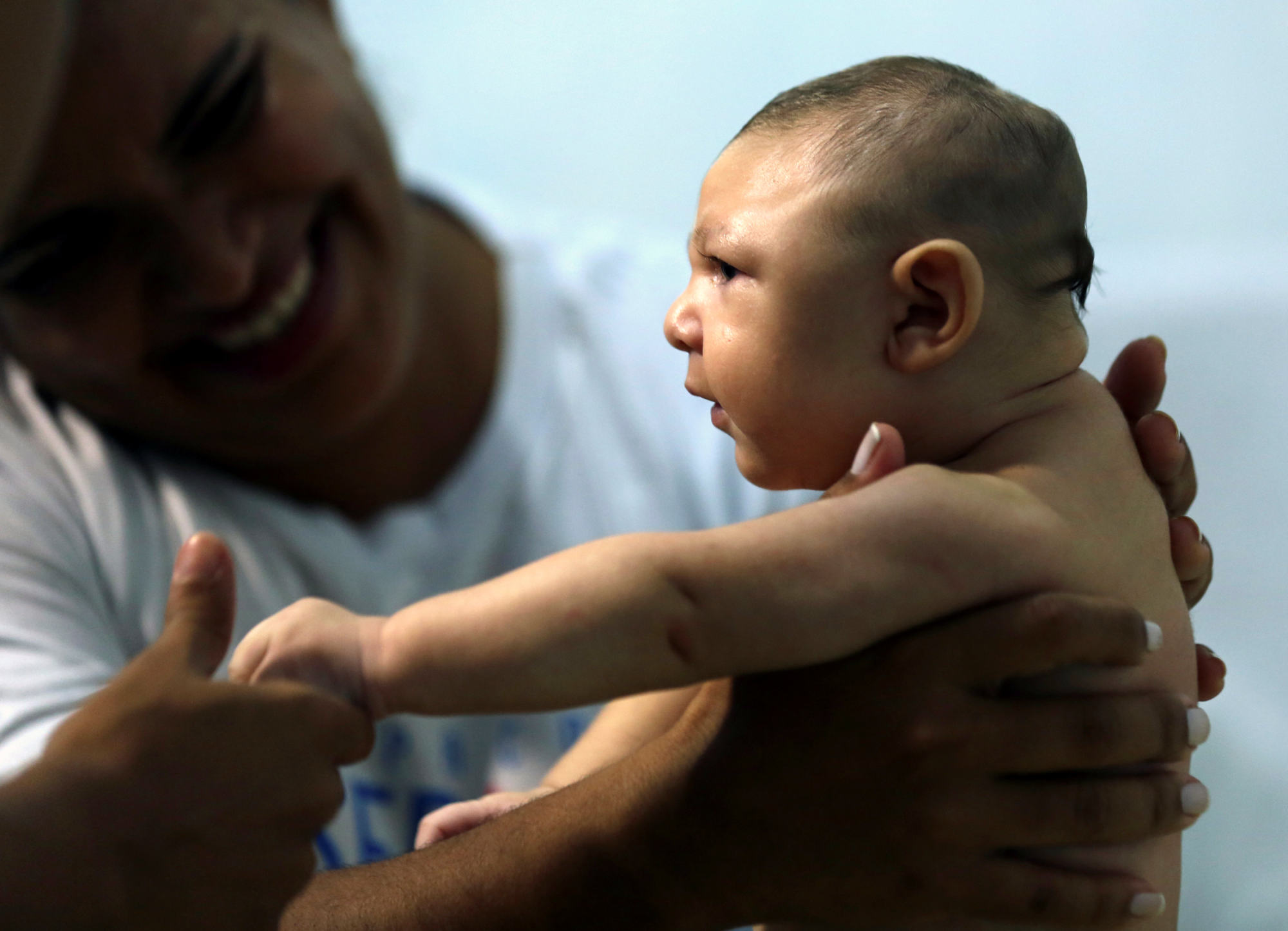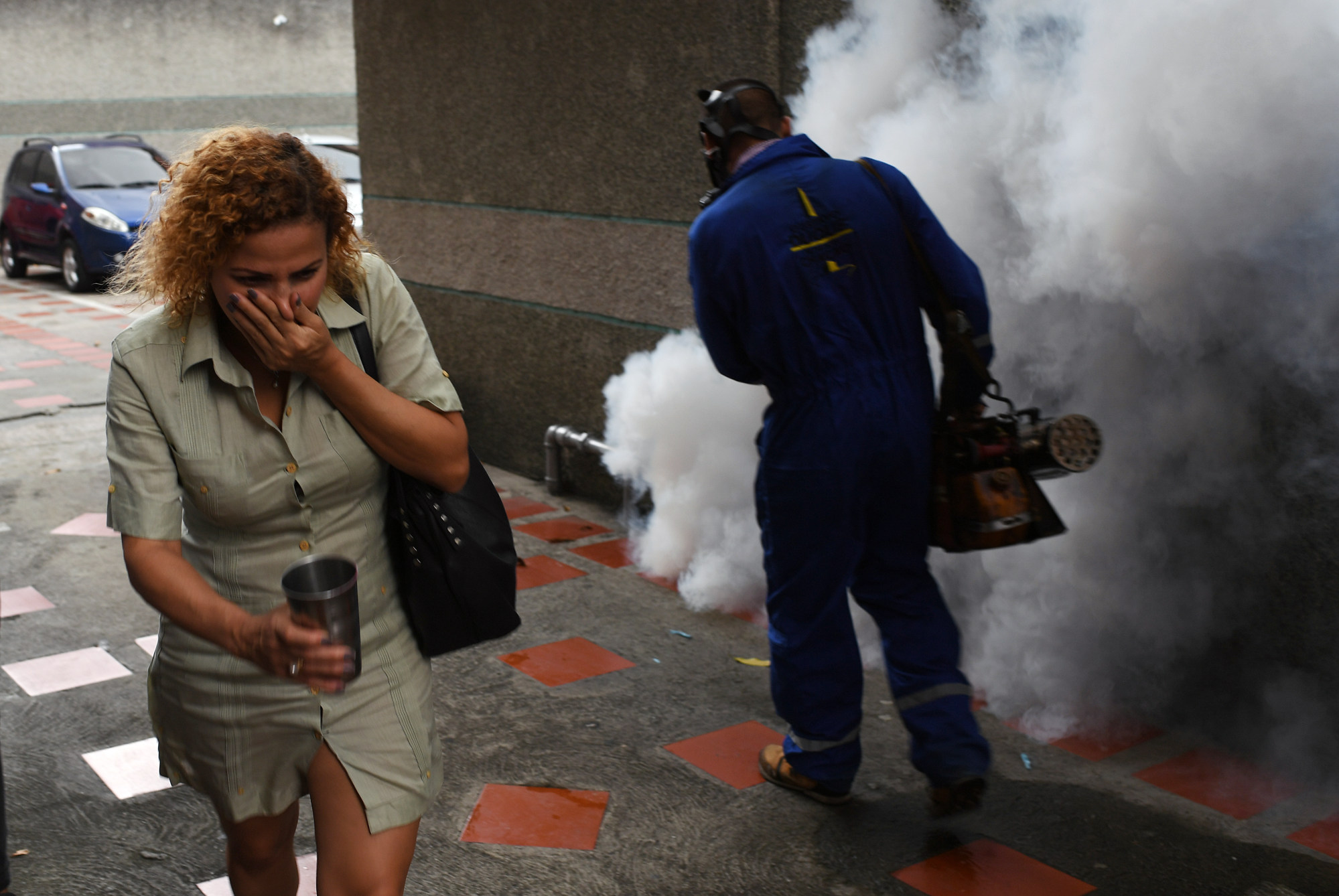Researchers in the United States have shown for the first time they can safely and effectively infect human volunteers with Zika virus, a step towards learning more about the disease and developing vaccines and treatments.
The study – known as a “controlled human infection model” – has previously been controversial for Zika because of the risks to participants and lack of treatments.
But US regulators and the World Health Organization ruled the new model, developed by a team at the Johns Hopkins Bloomberg School of Public Health, was safe and scientifically important.
Zika is a viral infection spread by mosquitoes, which is usually mild or asymptomatic.

But a major outbreak in the Americas in 2015 and 2016 showed it can be dangerous for pregnant women and fetuses, causing devastating birth defects such as microcephaly, a disorder in which a child is born with an abnormally small head and brain.
There are no vaccines or treatments, and the outbreak in the Americas ended before new ones could be fully tested. Infections have dwindled worldwide since, with about 40,000 reported last year from that region.
But the WHO has warned that surveillance can be patchy, and transmission patterns for Zika are not well understood. Climate change is also likely to boost the spread, which is already established in 91 countries.
Anna Durbin, the Johns Hopkins professor who led the study, said developing countermeasures was essential because infections could resurge.
Chinese team unlock mosquito attraction mystery in spread of dengue, Zika
Chinese team unlock mosquito attraction mystery in spread of dengue, Zika
Also significant, she added, was the mental health burden on pregnant women in endemic regions, who worry about the virus and their babies but have limited protection options.
Durbin and her colleagues used two strains of Zika to infect 20 female volunteers who were not pregnant or lactating.
All developed laboratory confirmed infections, with mild illness. Eight others got a placebo.
To minimise the risks, the patients were admitted to an inpatient unit and monitored until they were free of the virus. They agreed to use birth control methods for two months.

The next step is evaluating the strains in male volunteers, in part to assess how long the virus, which can be sexually transmitted, stays infectious in semen.
Durbin said several vaccine manufacturers have already asked to use the strains to test experimental products.
The data was presented as an abstract at the annual meeting of the American Society of Tropical Medicine and Hygiene in Chicago.

